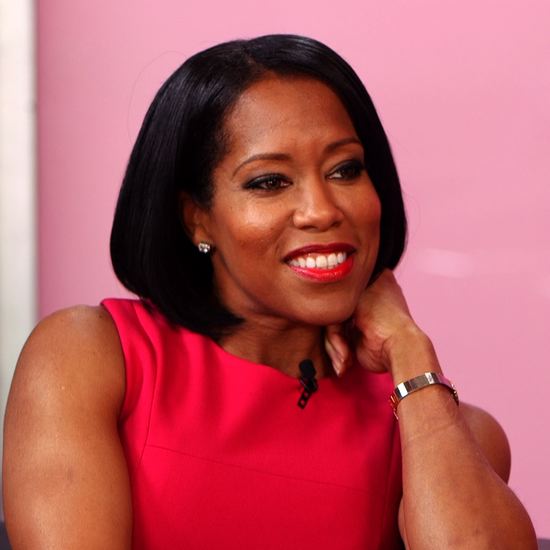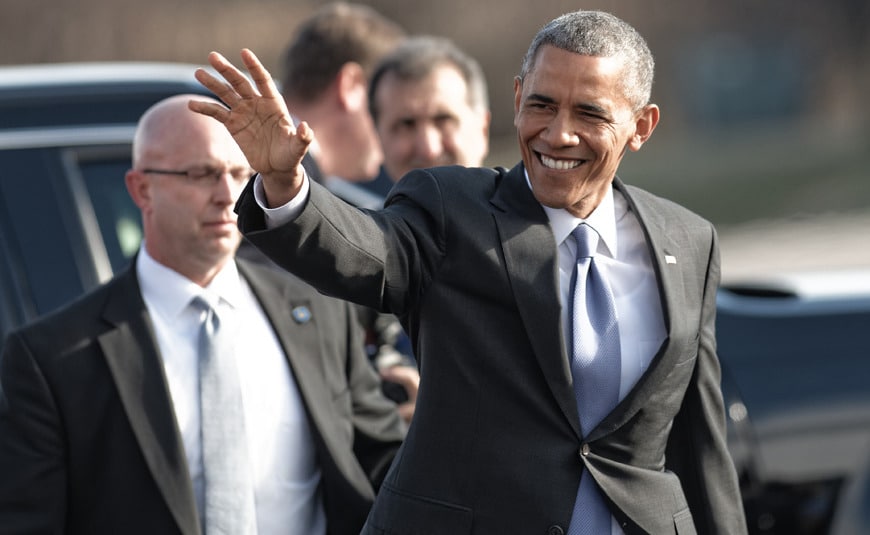Just as parents were finally starting to decode the many acronyms that fill their teenager’s text messages, a new digital challenge has presented itself — sexting.
It’s a problem that has been in the public eye for years, and it encouraged some parents to start checking their children’s phones to ensure no promiscuous messages were being sent or received.
But as sexting grew in popularity, so did private messaging apps that made getting away with secret, sexy photo-sharing too easy for the younger generation.
This growing trend also comes at a time when the younger generation seems completely oblivious to just how severe the consequences of sexting can be.
Parents can’t help but wonder what their child may be doing as they grin at the cellphones and mobile devices.
Unfortunately, apps like Snapchat, Cyber Dust and VaporChat are only making it harder for parents to find out.
These apps offer their users alternative ways to send messages that will supposedly vanish after the intended recipient sees them.
To be clear, these apps have other uses outside of sending sexually explicit messages, but it’s hard to deny the fact that these new apps lend themselves incredibly well to this growing trend.
Rather than sending a nude photo through a text message, they can send it through one of these apps before it vanishes from cyberspace for good, making it nearly impossible for their parents to discover the promiscuous messages.
Unfortunately, teens don’t realize that their parents seeing the message is the least of their troubles.
When it comes down to it, these apps aren’t as foolproof and secure as their young users often believe.
For one, many of the apps have not thwarted the power that is a screenshot — especially on Apple devices.
The most they can do is attempt to alert the user whenever someone has taken a screenshot of their private message and even that isn’t foolproof.
When the teen is alerted that their nude photo has now been stored in someone else’s phone and is at risk of being shared with others, there isn’t much of anything they can do about it.
The apps only promise a heads up … sometimes.
Yet again, however, bratty teens getting their hands on the photo and showing it off to friends is still not the worst of possible outcomes.
Sexting, in some states, can lead to felony charges.
Diana Graber teaches a class called “cyber civics” to middle school students in Aliso Viejo, California.
She wasn’t quite as shocked to learn that the roomful of young students already knew what sexting was, but she was more surprised that they had no idea just how severe the consequences could be.
Graber told CNN that none of her students were aware that sexting could be considered a felony under child pornography laws in some states.
“They had no idea what the consequences were,” Graber told CNN. “I mean that was a complete surprise to literally all 28 kids, so it occurred to me that no one’s ever bothered to tell these kids they couldn’t do that.”
Regardless of who is sending what to whom, some states will only see the dissemination of nude photos of underage teens.
For some justice systems, that’s all they need to consider child pornography charges.
She added that it is extremely rare for students to actually go to jail over sexting, but emphasized that it’s still a possibility and could leave some nasty scars on their criminal records — not to mention the headaches of dealing with such a case.
But yet again, private messaging apps have convinced young ones that they are safe.
Even if they were accused of child pornography, what can anyone do without proof?
What if nobody ever took that dreaded screenshot? All is well, right?
That’s the mindset of someone who doesn’t quite understand cyberspace and has already forgotten the sprinkling of celebrity nudes that fell from the cloud not too long ago.
Even Snapchat and Cyber Dust can’t get past this grim truth about the digital age — nothing shared digitally is ever gone forever.
With Snapchat being one of the most popular apps of its kind, it serves as a good example of what that phrase really means.
The app warns its users that while they may attempt to delete their images and videos for good, it isn’t a guarantee that your salacious photos aren’t sitting on their servers waiting for the right warrant to come along and allow investigators to do some digital snooping
“Although we attempt to delete image data as soon as possible after the message is received and opened by the recipient (and after a certain period of time if they don’t open the message), we cannot guarantee that the message contents will be deleted in every case,” the app warns its users.
Images taken for these apps are also typically still stored on the phone. Just not in the gallery that most people would check.
Instead the information is stuffed into cleverly named files buried deep into the dark cramped corners of the phone’s memory.
Again, it is rare that a young teen will be the center of a federal investigation about child pornography as a result of their sexting, but young people have to understand that these private messaging apps aren’t nearly as safe and secure as they may seem to be.
Images are still stored. Screenshots can still be taken. Secrets can be uncovered.
Serious risks, whether in the form of cyberbullying or a criminal investigation, are still involved.














